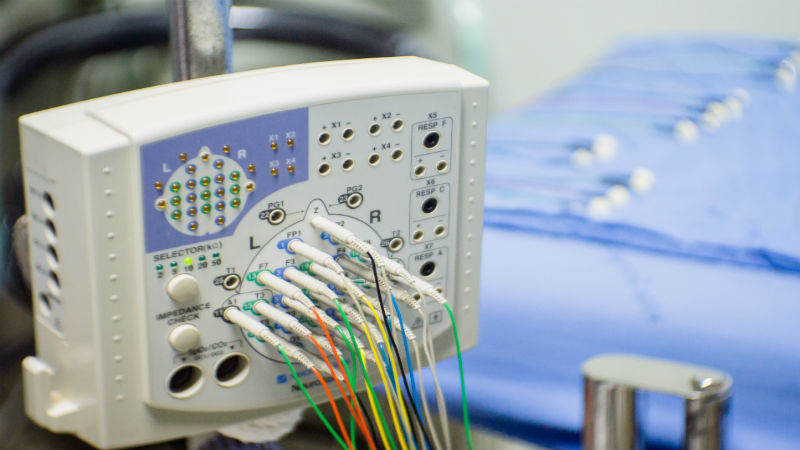Electronic recording of vital signs for mental health inpatients
The use of electronic monitoring of vital signs is becoming increasingly widespread in general hospital settings in the National Health Service (NHS) in the United Kingdom, and numerous advantages when compared to using paper charts have been shown. However, electronic systems are not yet widely used within mental health inpatient care. We present a pilot implementation of a novel system of electronic vital signs monitoring introduced in two adult mental health inpatient wards, designed to assess feasibility and acceptability to staff and patients. Development and implementation of the new system, adapted from a system designed for use in acute medical nursing, has presented challenges. However, over the course of the 10-month period presented here, nursing compliance, measured by percentage of observations recorded on time, improved by 72.7%. Service users and clinical staff both reported positively to the new system. Efforts to improve monitoring psychiatirc inpatients’ physical health are of increasing importance. Implementing electronic recording of observations is practical, affordable and feasible within the mental health inpatient setting, and offers many potential advantages over the use of paper charts.
Oliver Gale-Grant - Visiting researcher, King’s College London
Haddy Quist - eObs clinical lead and mental health nurse, South London and Maudsley NHS Foundation Trust
